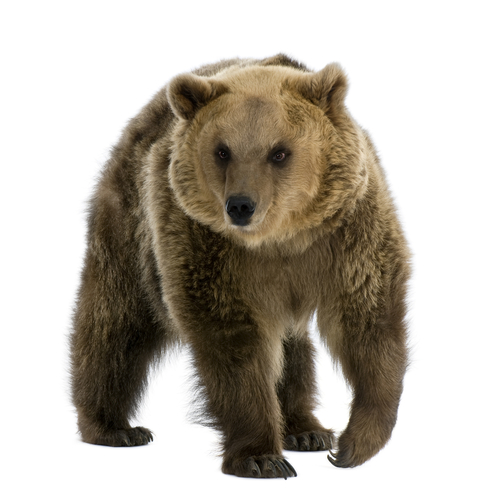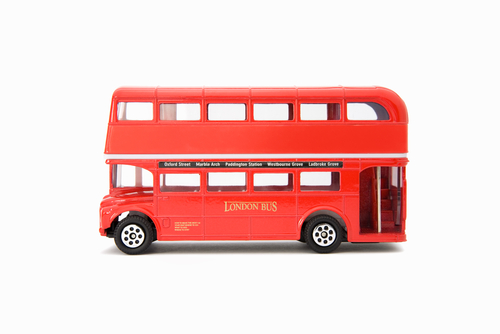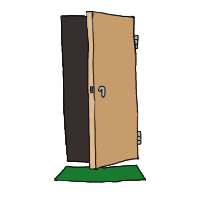In this activity, we're going to to be looking at common homophones and how to spell them.
Homophones are words that sound the same but mean different things and are spelt differently.
For example: bear and bare.
Read those two words out loud - did you notice that they sound exactly the same?
They have completely different meanings though - let's look at each of them in a sentence:
The bear was prowling through the forest.

On hot days I like to take off my socks and have bare feet.

In this activity, we are going to practise spelling two pairs of homophones:
stationary and stationery
precede and proceed
Let's look at these in a sentence so we can understand their different meanings:
The bus was stationary at the bus stop.

Stationary means not moving. We can remember it is stationAry not stationEry by thinking of a stopped cAr.
I arranged my stationery on my desk.

Stationery is a word for the items used for writing, or in an office, such as pens and paper. We can remember it is stationEry not stationAry by thinking of an Envelope
He let her precede him through the doorway.

To precede means to go in front of, or before.
Let's proceed to the next bench.

Proceed means to go or continue onwards, especially after stopping.
Let's practise spelling these words!







